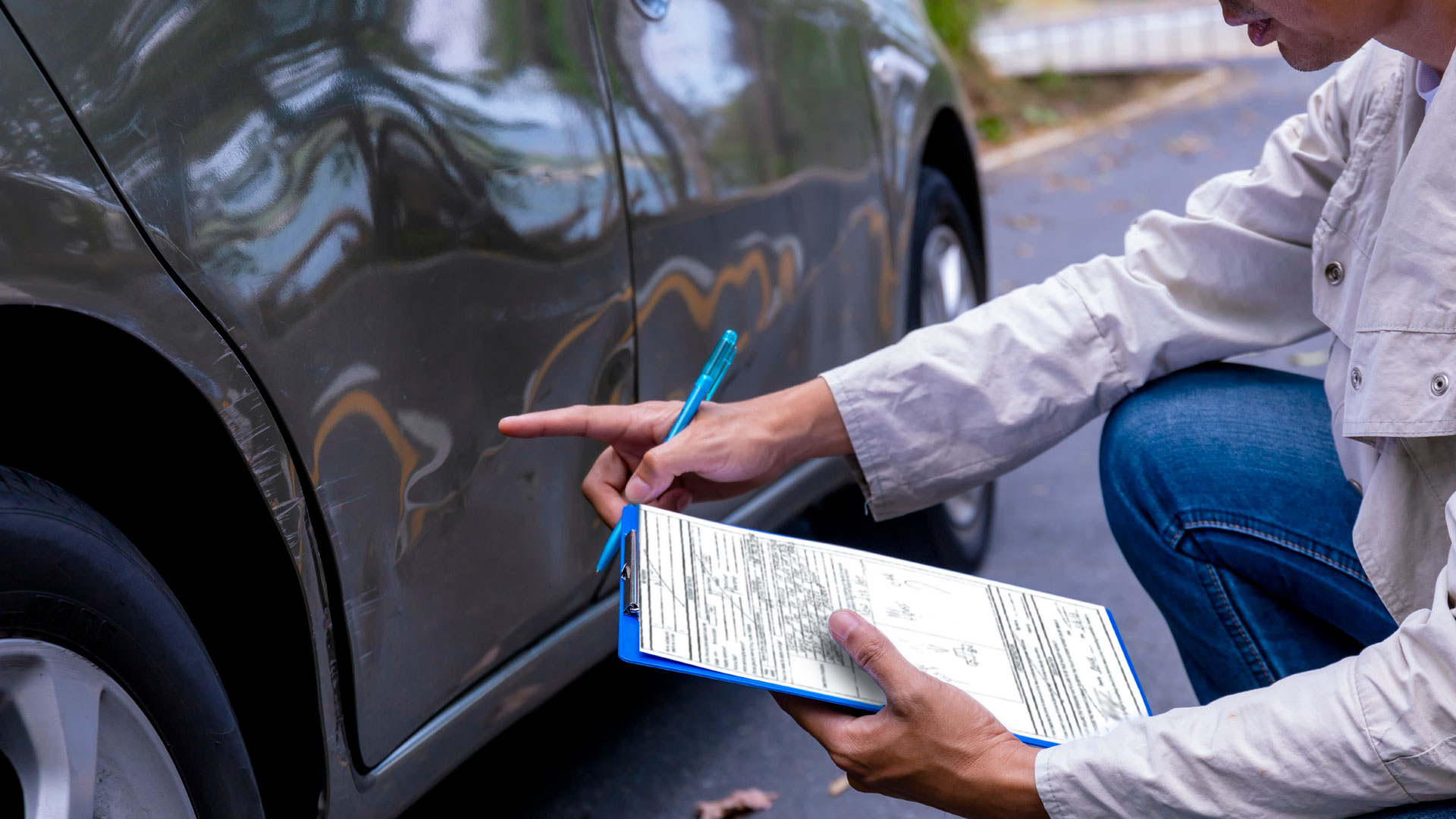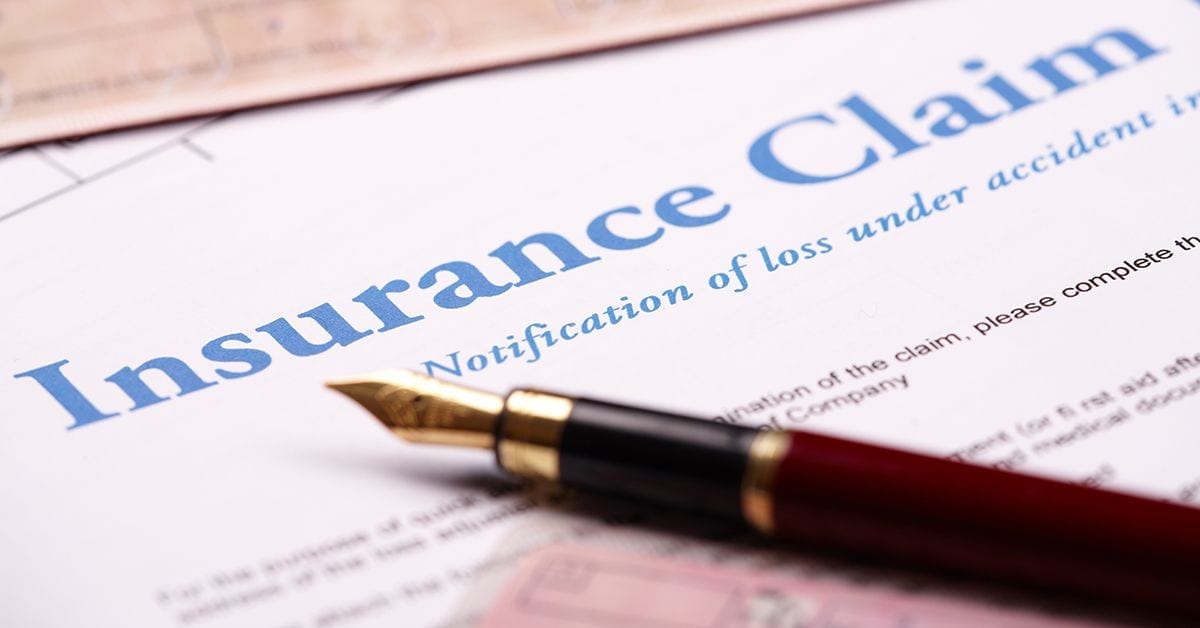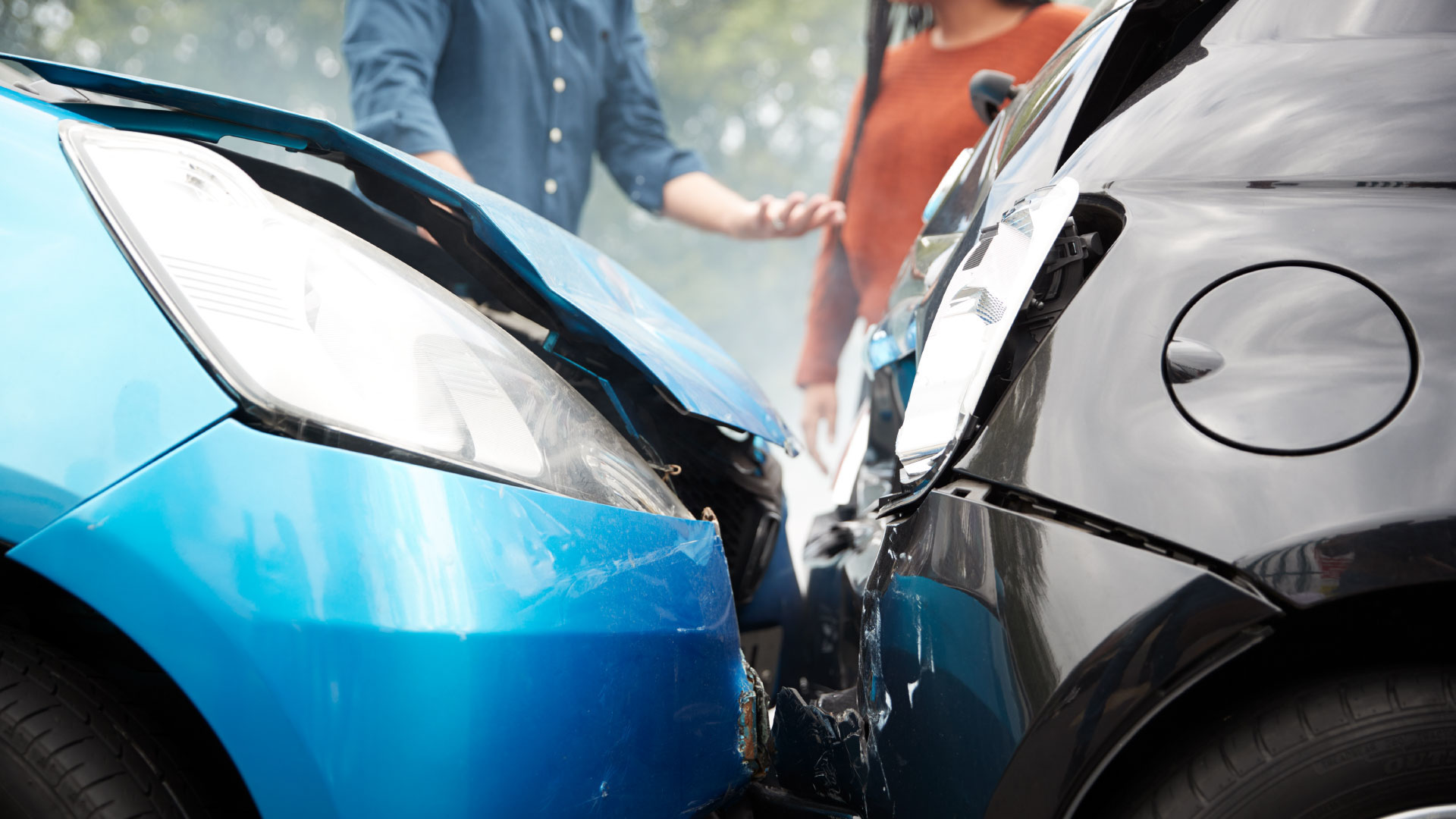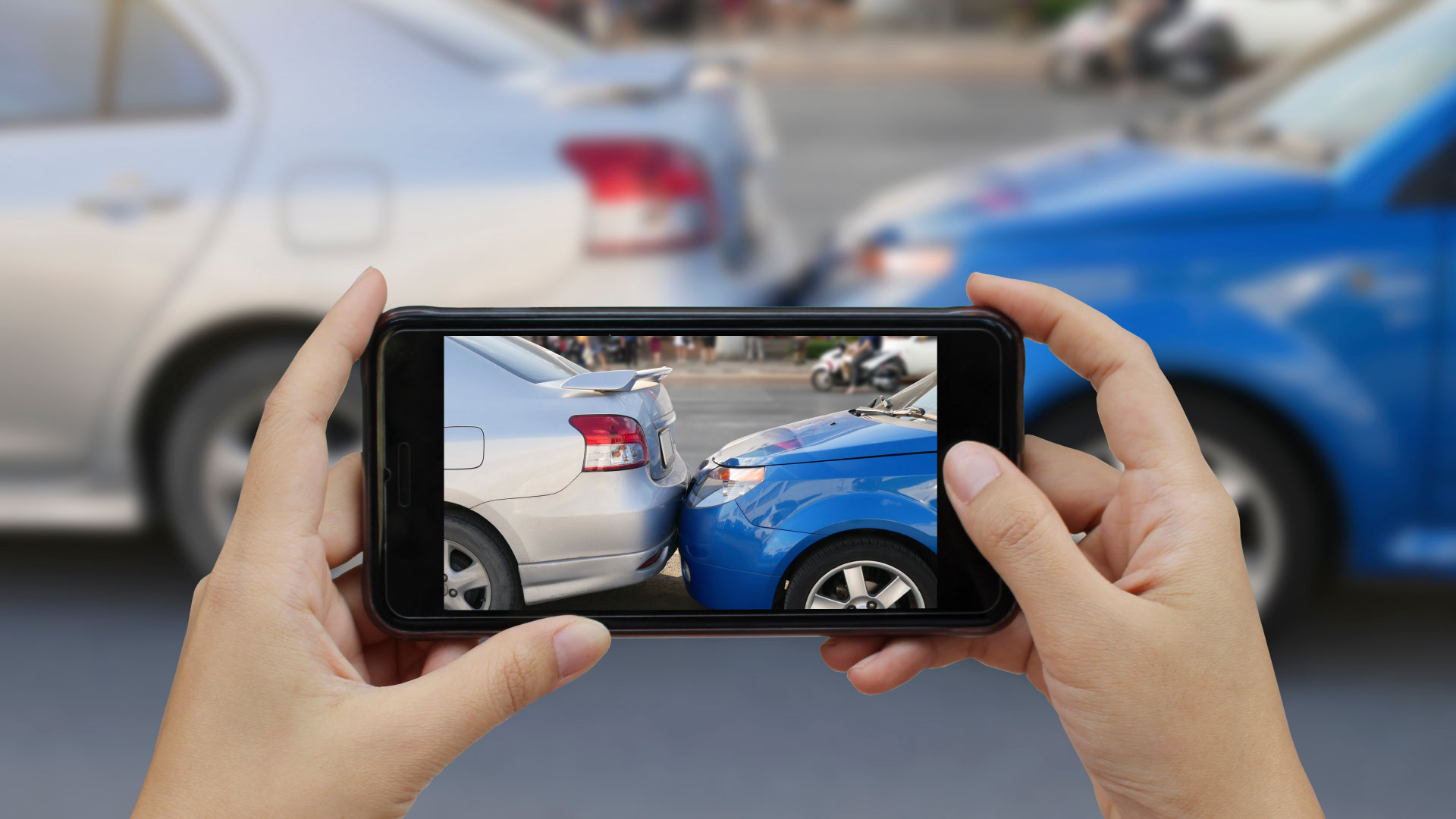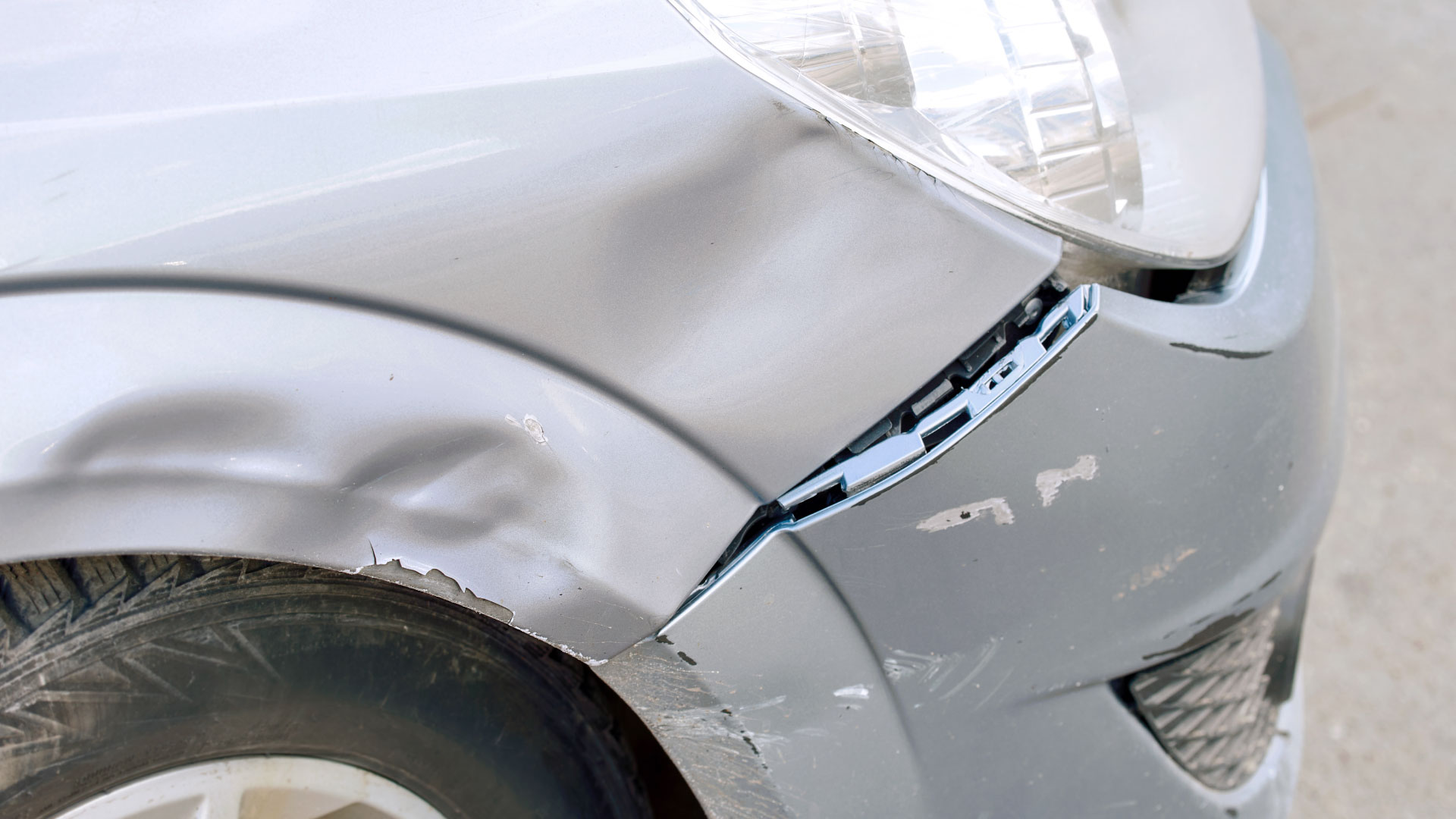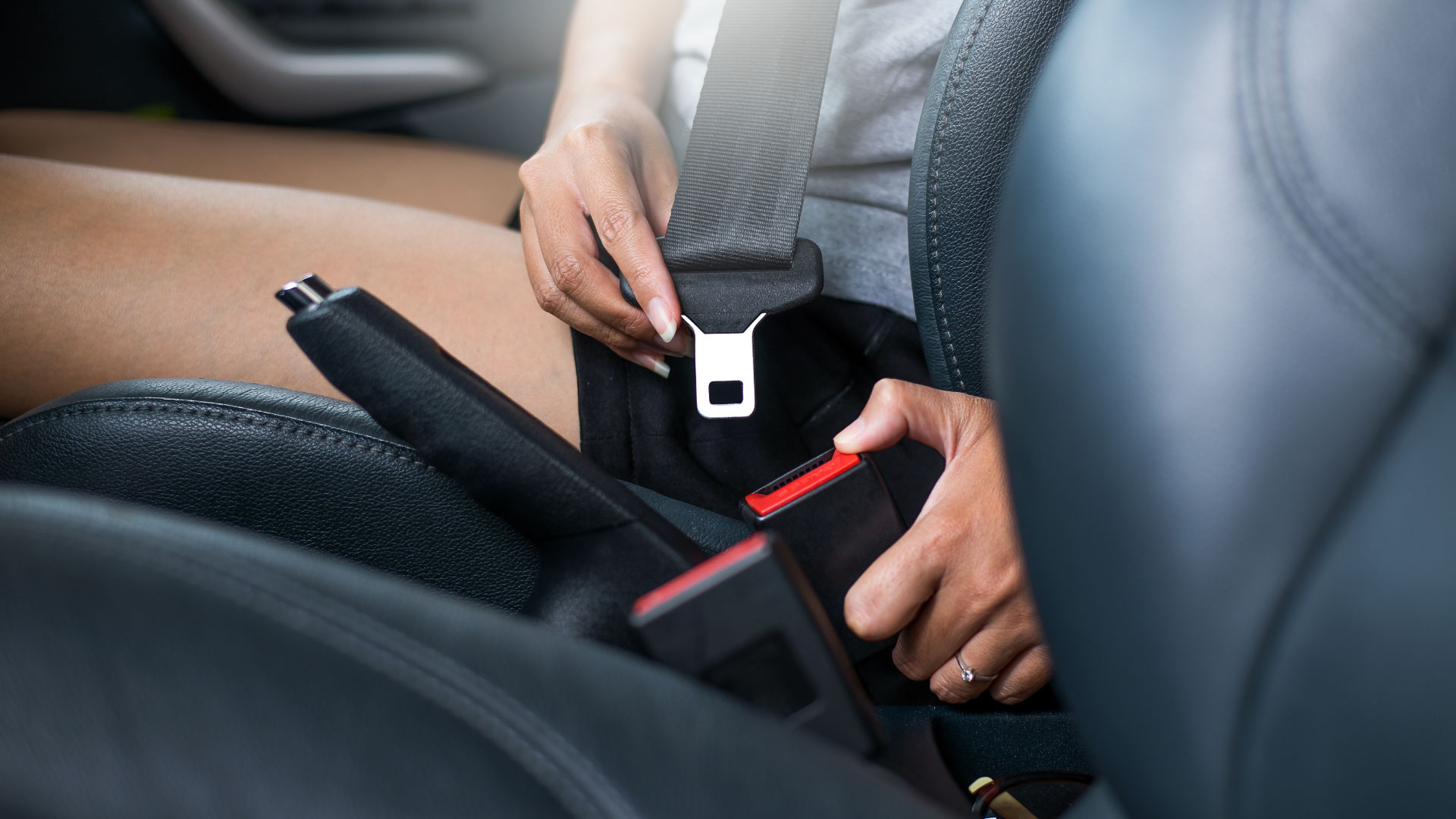Injured in a Ridesharing Accident While Using Uber or Lyft?
Ridesharing services like Uber and Lyft have transformed transportation throughout Georgia and South Carolina.
While these services offer convenience and accessibility, they’ve also introduced new complications to the personal injury landscape. Rideshare accidents present unique legal challenges that differ significantly from traditional auto accidents.
Whether you were a passenger in an Uber or Lyft, another driver whose vehicle was struck by a rideshare car, or a pedestrian injured in a rideshare accident, understanding your rights is essential for securing fair compensation. The complex insurance structures and evolving regulations in both Georgia and South Carolina can make these cases particularly challenging to navigate without proper legal guidance.
Our experienced team at M. Austin Jackson Injury Lawyers has compiled everything you need to know.
Understanding Rideshare Accident Liability in Georgia and South Carolina
Here’s the bottom line: If you were involved in a rideshare accident and you were injured or sustained property damage, there’s a good chance you have legal grounds to receive compensation.
However, the exact amount you receive — and which parties you are able to recover from (e.g. the other drivers or the rideshare company itself) will depend on numerous factors, including:
- The type of accident
- The severity of the accident and your injuries
- Which party (or parties) were at fault
- Whether you shared part of the blame (both Georgia and South Carolina allow you to recover damages even if you were partially to blame)
- The rideshare driver’s “status” in the app (was the driver waiting for a ride request, en route to pick up a passenger, or driving a passenger)?
- And other factors
Further complicating these collisions, different rideshare companies have different policies when it comes to insurance coverage and liability in accidents. While Uber and Lyft have similar policies, they aren’t exactly identical—and both could vary from a smaller rideshare company’s rules.
We’ll unpack the differences in the next section, but if you’ve been in a rideshare accident, we encourage you to speak to an experienced rideshare accident lawyer like ours at M. Austin Jackson.
Rideshare Insurance Coverage
Insurance Coverage in Uber Accidents
Uber’s insurance policy structure is designed to complement a driver’s personal coverage, with different levels of protection depending on the driver’s status.
When the driver is offline or the app is off, Uber provides no coverage whatsoever. The driver’s personal auto insurance is solely responsible for any accidents.
When the driver is online but hasn’t accepted a trip, Uber provides limited liability coverage: as of 2025, that coverage is 50/100/25. Depending on shifting state laws, Uber may also maintain additional coverage, including medical payments coverage or hit-and-run coverage.
Once a trip is accepted or a passenger is in the vehicle, Uber’s $1 million liability policy takes effect. This is some of the most comprehensive insurance in the rideshare and delivery industry.
Remember that state and local rideshare laws are subject to change, and company policies change even quicker! Be sure to check Uber’s insurance resources page or consult with Uber and a personal injury lawyer to determine the extent of coverage for your specific accident.
Insurance Coverage in Lyft Accidents
Lyft’s insurance structure closely mirrors Uber’s approach, with coverage that changes based on the driver’s status.
When drivers are not using the Lyft app, their personal auto insurance applies exclusively.
When drivers have the app on but haven’t accepted a ride request, Lyft provides limited liability coverage (50/100/25) that supplements the driver’s personal policy.
After accepting a ride and during trips, Lyft provides:
- $1 million liability coverage
- Uninsured/underinsured motorist coverage
- Contingent collision and comprehensive coverage (with deductible)
Again, keep in mind that these policies are subject to change, and will likely continue to evolve as ridesharing grows in popularity. Lyft’s insurance resource page should provide the most updated information, but only a local rideshare attorney can help you understand the particulars of your claim.
Georgia and South Carolina Rideshare Laws and Regulations
Both Georgia and South Carolina have enacted specific legislation to regulate rideshare companies, though their approaches differ in several key aspects.
Georgia’s rideshare regulations include:
- Mandatory background checks for drivers
- Required annual vehicle inspections
- Minimum insurance requirements that match the structure described above
- Prohibition of street hails (rides must be arranged through the app)
South Carolina’s regulations are generally more stringent, requiring:
- More comprehensive background checks including state and national criminal databases
- Vehicle inspections that meet specific state standards
- Clear identification of rideshare vehicles (signage requirements)
- Specific record-keeping requirements for companies
These regulatory differences can impact liability and claims in cross-border cases. For Augusta residents who may use rideshare services in both states, understanding these distinctions is particularly important.
Common Causes of Rideshare Accidents
Rideshare accidents often involve factors unique to the nature of the service. The most common contributing factors include:
App Distraction
Rideshare drivers must frequently interact with their smartphones to accept rides, follow GPS directions, and communicate with passengers. This divided attention increases accident risk substantially.
Pressure to Accept Rides
The financial incentive structure of rideshare platforms encourages drivers to accept as many rides as possible, sometimes leading to rushed decisions and unsafe driving behaviors.
Unfamiliar Routes
Unlike traditional taxi drivers, rideshare drivers often operate in areas they don’t know well, leading to sudden stops, lane changes, or turns when following GPS instructions.
Driver Fatigue
Many rideshare drivers work long hours or operate after completing their primary jobs, increasing the risk of fatigue-related accidents.
Passenger Pickup and Dropoff Hazards
The need to locate passengers and find safe stopping places in busy areas can lead to dangerous driving maneuvers or illegal stops.
Understanding these factors can help establish liability in rideshare accident cases in both Georgia and South Carolina courts.
What to Do If You’re Injured in an Uber or Lyft Accident in Georgia or South Carolina
If you’re involved in a rideshare accident in either state, taking these steps can protect your health and legal rights:
- Seek immediate medical attention for any injuries, even if they seem minor. Some injuries may not be immediately apparent.
- Report the accident through the rideshare app using the safety features provided. Both Uber and Lyft have emergency reporting functions within their apps.
- Document the scene by taking photos of vehicle damage, the accident location, any visible injuries, and relevant road conditions.
- Gather information from all parties involved, including:
- The rideshare driver’s name, contact information, and insurance details
- The same information from any other drivers involved
- Names and contact information of witnesses
- The rideshare driver’s profile information within the app
- File a police report and obtain a copy. This is particularly important to strengthening your rideshare accident claim in Georgia and South Carolina.
- Preserve evidence of your rideshare trip, including screenshots of your trip confirmation, receipt, route, and driver information.
- Contact an attorney experienced in rideshare accidents before speaking with any insurance representatives.
Average Lyft and Uber Accident Compensation Amounts
Compensation in rideshare accident cases varies widely depending on the severity of injuries, clear establishment of liability, and the applicable insurance coverage. While each case is unique, rideshare accident victims in Georgia and South Carolina may be entitled to several types of damages:
- Medical Expenses: This includes current and future costs related to injury treatment, including emergency care, hospitalization, surgery, medication, physical therapy, and any long-term medical needs.
- Lost Income: Compensation for wages lost due to inability to work during recovery, as well as potential future earning capacity if the injuries cause permanent limitations.
- Pain and Suffering: Non-economic damages for physical pain, emotional distress, and decreased quality of life resulting from the accident and injuries.
- Property Damage: Costs to repair or replace damaged personal property, including vehicles.
The commercial nature of ridesharing often means higher policy limits are available compared to typical auto accidents, particularly when the accident occurs when a rideshare driver is actively working for Uber or Lyft when the accident occurs. This can potentially lead to more complete compensation for serious injuries.
Challenges in Ridesharing Accident Claims
Several obstacles can complicate rideshare accident claims in both Georgia and South Carolina:
Coverage Disputes
Insurance companies may disagree about which policy should apply. The rideshare company’s insurer might claim the driver’s personal insurance is responsible, while the personal insurer may deny coverage because the driver was using the vehicle commercially. A trusted attorney can help you navigate these disputes and advocate on your behalf.
Determining Driver Status
The driver’s exact status in the app at the time of the accident is crucial but sometimes disputed. Without proper evidence, it can be difficult to prove which insurance coverage applies.
Multi-State Complications
For accidents near the Georgia-South Carolina border, determining which state’s laws apply can add another layer of complexity.
Corporate Resistance
Despite their insurance coverage, rideshare companies typically employ aggressive legal teams to minimize their liability in accident cases. Our lawyers will fight back for you, and our past client results show that we’re able to successfully take on major corporations and their insurance teams.
Evidence Preservation
Electronic records of the ride status, communications, and driver activity can be difficult to obtain without prompt legal intervention.
These challenges underscore the importance of working with attorneys who specifically understand the nuances of rideshare accident claims in Georgia and South Carolina.
How Our Attorneys Help With Rideshare Accident Cases
At M. Austin Jackson Injury Lawyers, we bring specialized knowledge to rideshare accident cases throughout Georgia and South Carolina. Our approach includes:
- In-Depth Understanding of Rideshare Regulations: We stay current on the evolving laws governing Uber, Lyft, and other rideshare companies in both states, allowing us to navigate the complex regulatory landscape effectively.
- Experience with Complex Insurance Issues: Our team has extensive experience dealing with the multi-layer insurance structures involved in rideshare accidents and knows how to identify all possible sources of compensation.
- Thorough Investigation Capabilities: We work with accident reconstruction specialists, gather electronic data from the rideshare platforms, and build comprehensive evidence files to establish liability clearly.
- Cross-Border Expertise: For Augusta area residents, our familiarity with both Georgia and South Carolina laws provides a significant advantage in cases that cross state lines.
- Strategic Negotiation Skills: We understand the tactics used by rideshare companies and their insurers, allowing us to counter their arguments effectively and negotiate from a position of strength.
If you’ve been injured in an Uber or Lyft accident in Georgia or South Carolina, contact M. Austin Jackson Injury Lawyers for a free consultation. We take a friendly, local approach, and we’ll clearly explain your options so you can make an informed choice about the best path forward. Plus, you owe nothing unless we win your case!
Frequently Asked Questions
Who pays for my medical bills after an Uber accident in Georgia or South Carolina?
The responsible insurance depends on the driver’s status. If the driver was actively transporting or on the way to pick up a passenger, Uber’s $1 million policy may cover your medical expenses. If the driver was merely logged in but not assigned a ride, you might need to claim against the driver’s personal policy first, with Uber’s limited liability coverage as backup.
What if my Lyft driver was at fault for the accident?
If your Lyft driver caused the accident while you were a passenger, Lyft’s $1 million liability policy may cover your injuries in both Georgia and South Carolina. You would need to file a third-party claim against this policy for your damages.
How do Georgia and South Carolina laws differ for rideshare accidents?
The primary difference lies in the statute of limitations for filing a personal injury claim. In South Carolina, you have three years to file a claim, while Georgia typically gives you two years.
Can I sue Uber or Lyft directly?
This is challenging in both states due to the independent contractor relationship between drivers and the companies. However, there are circumstances where direct claims against the companies may be possible, such as negligent hiring or retention of drivers with problematic histories. These claims require specialized legal knowledge to pursue effectively, so you’ll want to team up with a knowledgeable rideshare lawyer.
What if the rideshare driver’s personal insurance denies my claim?
If the driver’s personal insurance denies coverage (which is common when the driver was using the vehicle commercially), the rideshare company’s insurance should provide coverage according to the phase of operation. If you encounter resistance, an attorney can help identify all applicable coverage and ensure the appropriate policies respond to your claim.
How long do I have to file a claim after a rideshare accident in Georgia vs. South Carolina?
In Georgia, you have two years from the date of the accident to file a personal injury lawsuit. South Carolina provides three years for personal injury claims. However, it’s advisable to begin the claims process much sooner, as evidence can disappear and witness memories fade over time.
M. Austin Jackson has more than a decade of experience helping his neighbors in Georgia and South Carolina receive justice and fair compensation after an injury. An Augusta native, Austin is honored to serve this wonderful community, and he prides himself on providing friendly, personal legal guidance for folks in the middle of a hard time.
